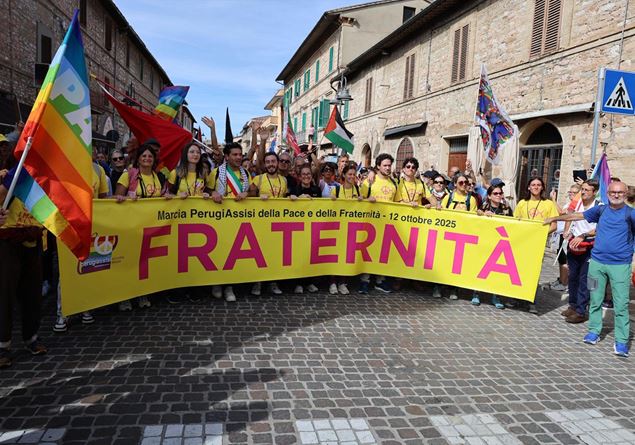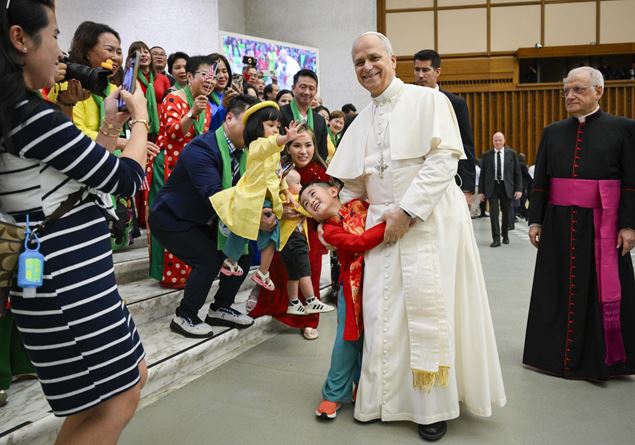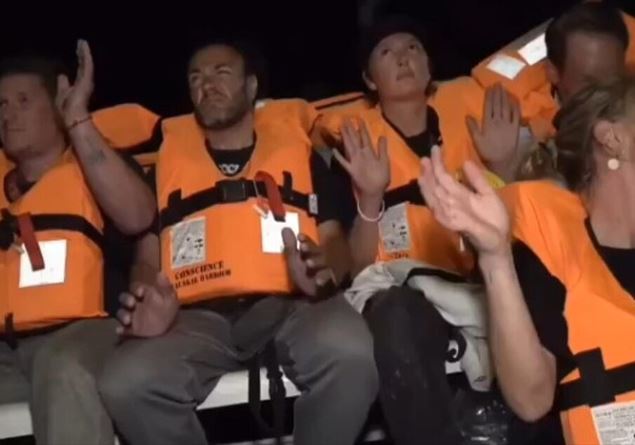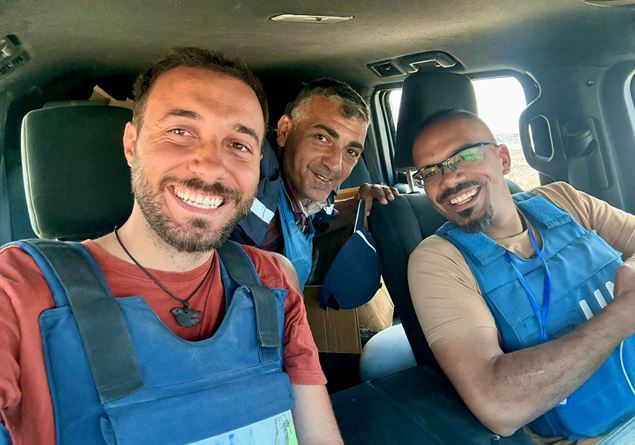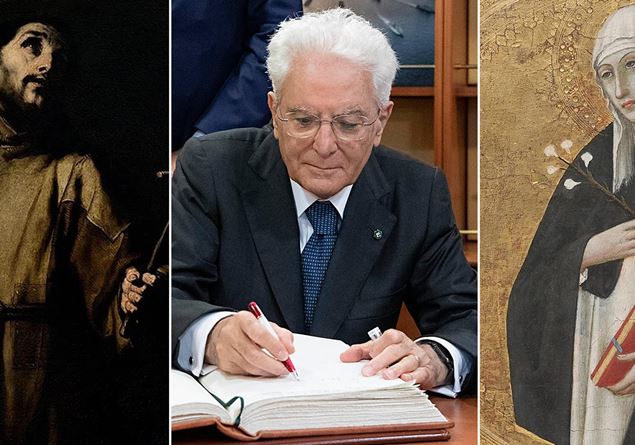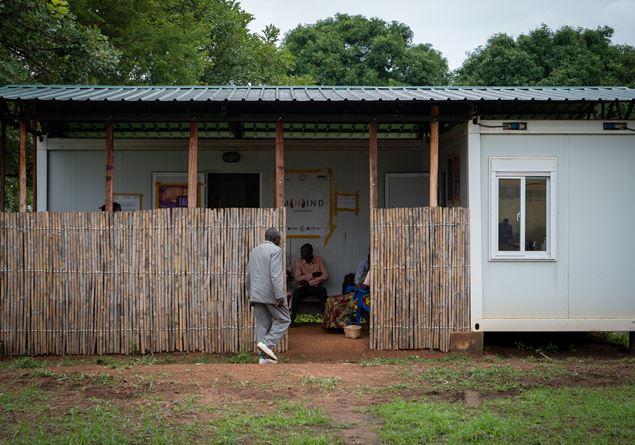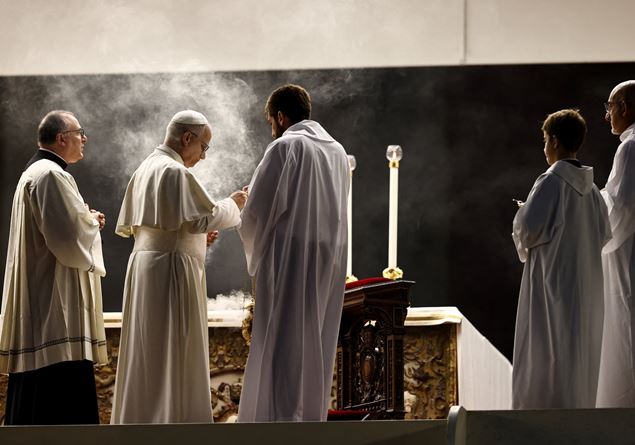«Last Friday we accompanied our brothers and sisters with prayer and fasting that suffer from wars. I return today to address a strong appeal to both the parties implicated and to the international community so that the conflict is completed in the conflict in the Holy Land, that so much terror, destruction and death has caused “.
With these words Leone XIV has concluded the general hearing, in the Paul VI classroom, in front of thousands of faithful and pilgrims from all over the world. An appeal that made the assembly vibrate, at the end of a catechesis that had already put the theme of the delivery of Jesus at the center at the time of arrest in the garden of olive trees.
The “delivery” of Christ as an act of love
In his speech, the Pope explained how Christ, at the darkest moment of his life, did not let himself be overwhelmed by fear but has freely chosen to give himself: «Jesus is not taken: he lets himself be taken. He is not the victim of an arrest, but the author of a gift ». It is in this freedom to love to the end, even in the heart of the night and of the agaustice, that the pontiff indicated the true Christian hope: not to escape from pain, but remain firm in the trust that the life offered for love should never be lost.
“If you are looking for me, let these go away” (Jn 18:8), recalled Leone XIV, underlining how the act of Jesus was all in favor of his disciples. “His sacrifice – he added – is a true act of love, a gift that holds the freedom of others”.
The appeal for the Holy Land
In light of this meditation, the Pope’s appeal for the Holy Land appeared as a natural extension of catechesis. Leone XIV has asked that “all hostages are freed, a permanent cessate-cassoco cessate-cassocate, the safe entry of humanitarian aid is reached and humanitarian law is fully respected”.
He reiterated in particular “the obligation to protect civilians” and the prohibitions “of collective punishment, indiscriminate use of the strength and forced movement of the population”. The pontiff then associated with the declaration of the Greek-Orthodox and Latin patriarchs of Jerusalem, who asked “to put an end to this spiral of violence, to end the war and to give priority to the common good of people”.
An invitation to reconciliation
The Pope concluded his intervention by entrusting that land tormented to the intercession of the Virgin: “We implore Mary, queen of peace, source of consolation and hope: her intercession obtains reconciliation and peace in that land so dear to everyone!”.
A strong call, which links the spirituality of the jubilee year – centered on Christian hope – to the wounds of the present story. Because, as Leone XIV reiterated, “only free love, which is given without calculation, can also report trust where everything seems lost”.


